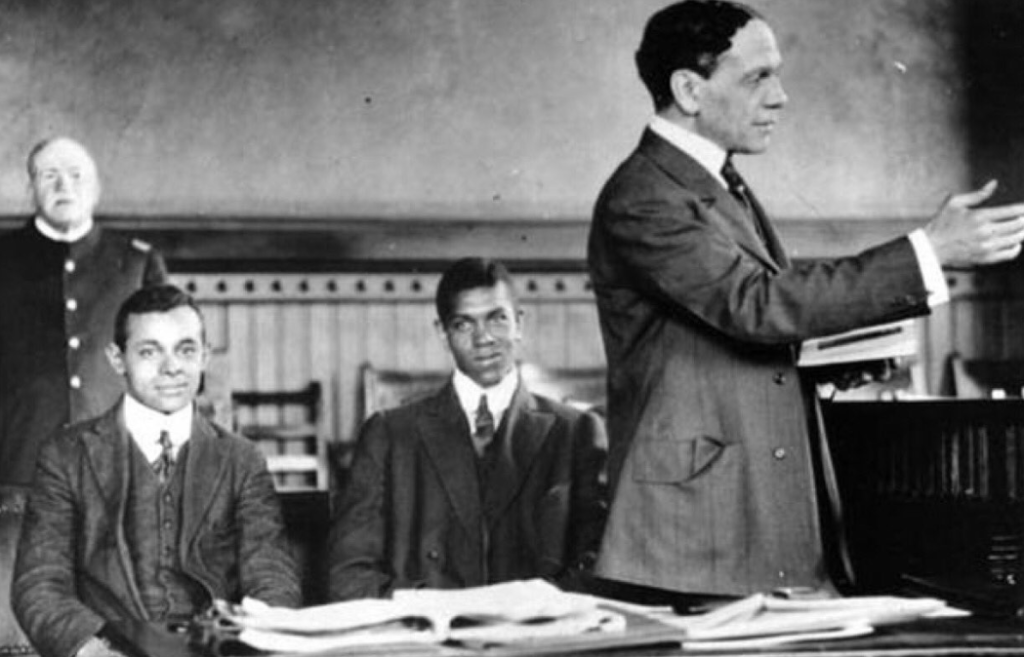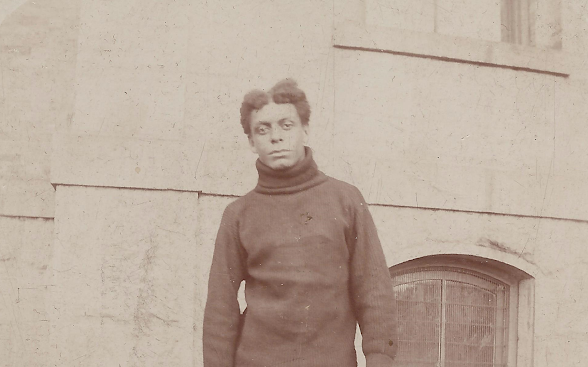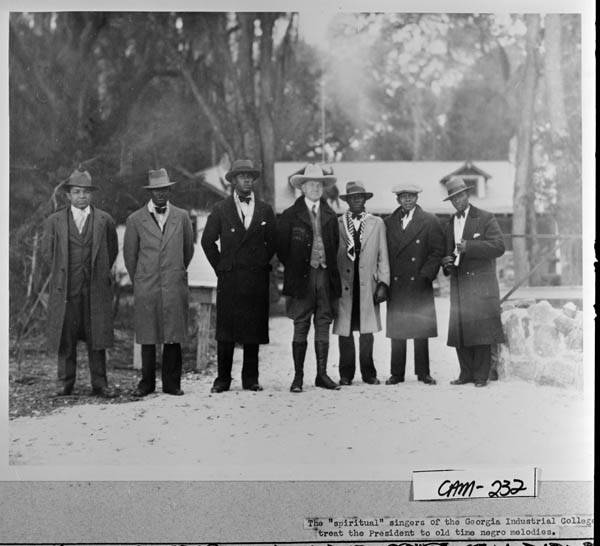
Never one to miss an intriguing personality, young Calvin Coolidge once wrote his father in college about a remarkable athlete at Amherst known locally as William “Hamp” Lewis, who would go on to blaze trails not only in college football but also the legal profession. Coolidge would meet that class of ’91 graduate of their alma mater again later in life once Lewis had become a lawyer and Coolidge governor of the state. Though never in the same circle of friends, they were, nonetheless, men of Amherst who shared the training of that legendary professor, Charles Garman.
When James Weldon Johnson would mistakenly conclude after meeting with President Coolidge that the quiet man from Vermont had never seen an African-American in his life, Johnson had widely misjudged his President. Coolidge always knew far more than he divulged anyway. Johnson was too self-absorbed to see what was clear to anyone who bothered to spend any length of time around Cal. Coolidge had been governor of one of the most diverse states in the country and his advocacy for African-Americans was no secret to Lewis, Monroe Trotter, or anyone else paying attention to events in Massachusetts in the nineteen teens.

Lewis would meet with the governor and offer his perspective on the law more than once, a door through which many personalities walked to discover in Cal a leader always open to listening without the usual pandering politics of making promises with no intention of keeping them. Coolidge was different, he had the skill of open ears and closed mouth but quiet record of steady accomplishment. Diligent behind the scenes to accomplish much more without the self-promoting fanfare and posturing that usually accompanied office-holders, Coolidge won friends by doing not pledging or pleading. Lewis learned early that in Coolidge he could express his concerns without the manipulation or pressure that he was being used in exchange for the next election cycle.
This was simply Coolidge’s way with everyone, whoever they were. He sought justice not ethnic preference, equity not redistribution of the rewards of character and competence. Lewis could respect that even where they differed on policy. Policy was a matter of respectful opinion not wrongdoing. They both knew the law too well to confuse that distinction. And so, when we reflect on the pioneers of sportsmanship and law, we should not forget that it was men like “Cal” Coolidge and “Hamp” Lewis who built a solid foundation of respectful collaboration, selfless service, and genuine integrity that made the sport and the country which inspired it, great. We do the principles of both a costly disservice when we forget that patriotism and humble partnership forged them then and sustain them still.

Thanks go to Amherst graduate Alexandra Gunderson (Class of 1979) for inspiring this piece.